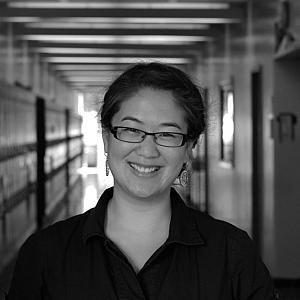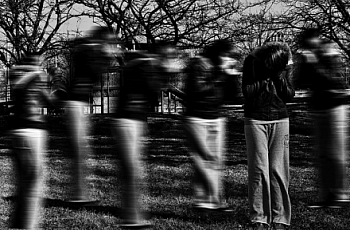
Erica Mu
Reporter/Producer

Reporter/Producer
I am a freelance producer based in Los Angeles, CA. Previously, I was an independent reporter and radio producer with KALW 91.7FM Local Public Radio in San Francisco. My interests lie in community and mental health, though I've also reported on the shortage of primary care physicians, transgender health, and the delicate relationship between urban hospitals and the populations they serve.
I love radio as a medium for reporting and storytelling, and I'm also interested in exploring new ways of engaging audiences, including social media, crowdsourcing, online outreach, and community forums.

Obamacare's enrollment period largely overlaps with the holidays, when potential enrollees' budgets and mental resources are stretched. So why not schedule enrollment season after the holidays, when tax refunds could give low-income consumers an extra nudge?

News reports on health reform tend to focus on patients and consumers. But how are doctors faring? Some voice complaints of administrative kinks, reimbursement struggles, and coverage confusion. But not all of these problems are new, and some docs emphasize the gains being made.

Telehealth has the potential to lessen physician shortages in rural areas and deliver care to those unable to travel. Proponents hail its efficiency. Why then has it been so hard to harness new technologies to expand care to areas and groups in desperate need?

By ensuring care for inmates after release, the Medicaid expansion could improve health and lower recidivism. But efforts to enroll inmates face many challenges, from a lack of basic infrastructure to poor coordination between health, corrections and social services departments.

After Obamacare's passage, California expanded its Medicaid benefits to allow those with mild to moderate mental health problems to receive care. But as the state's Medicaid numbers surge, some say there aren't enough providers to meet the rising demand.

Of the many projections made about the Affordable Care Act, one number stands out among the rest: 62 million. That’s the number of individuals who will gain mental health and substance abuse coverage under the ACA.

In the Health Leads program, physicians and health care providers “prescribe” basic resources to their patients such as food, housing, electricity, heating, even job training. The emerging model represents a shift in the way we think about health and the social factors that shape it.
"Inside Out" is a public radio series that will begin a conversation about the mental health of Asian American Pacific Islanders (AAPIs). These radio and multimedia stories examine the experience and understanding of mental health from the perspective of several Bay Area residents of differing AAPI ethnicities. They reveal barriers to care, like...

<p>According to the <a href="http://www.nami.org/Template.cfm?Section=press_room&template=/Conte… Alliance on Mental Illness</a>, Asian American women aged 15 to 24 have the highest rates of depressive symptoms of any ethnic or gender group.</p>

<p>It’s difficult to deal with any kind of illness when it hits. But when it affects your emotional and psychological health, it’s often impossible to even describe.</p>